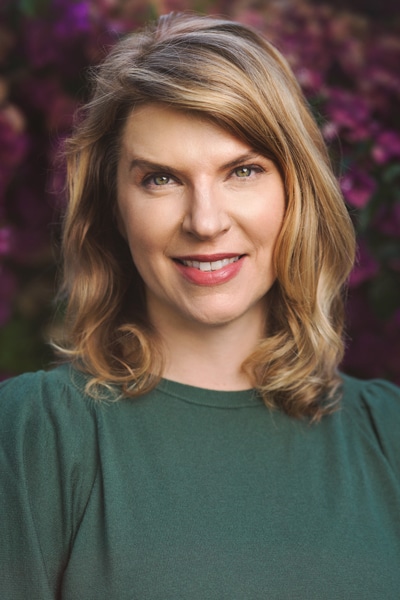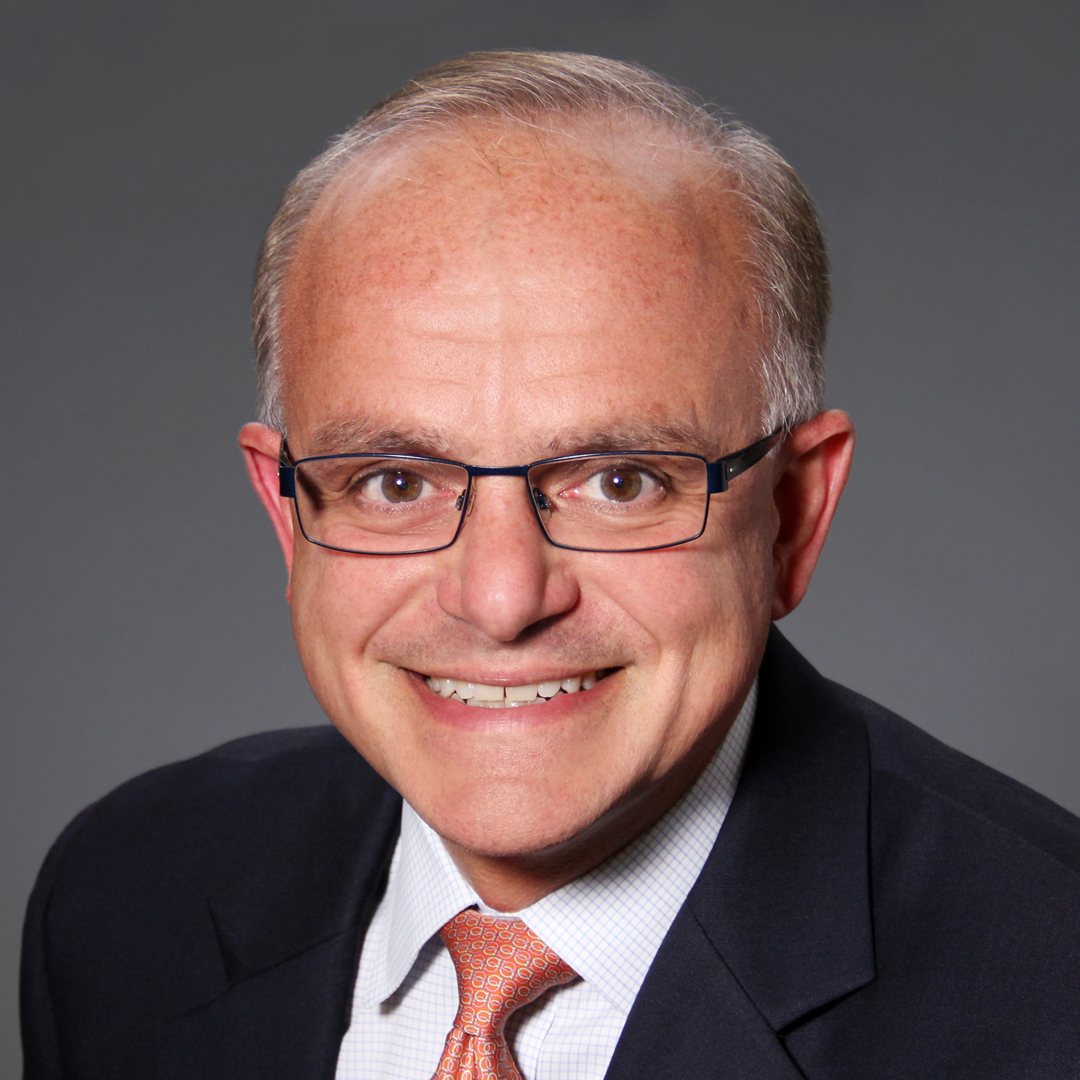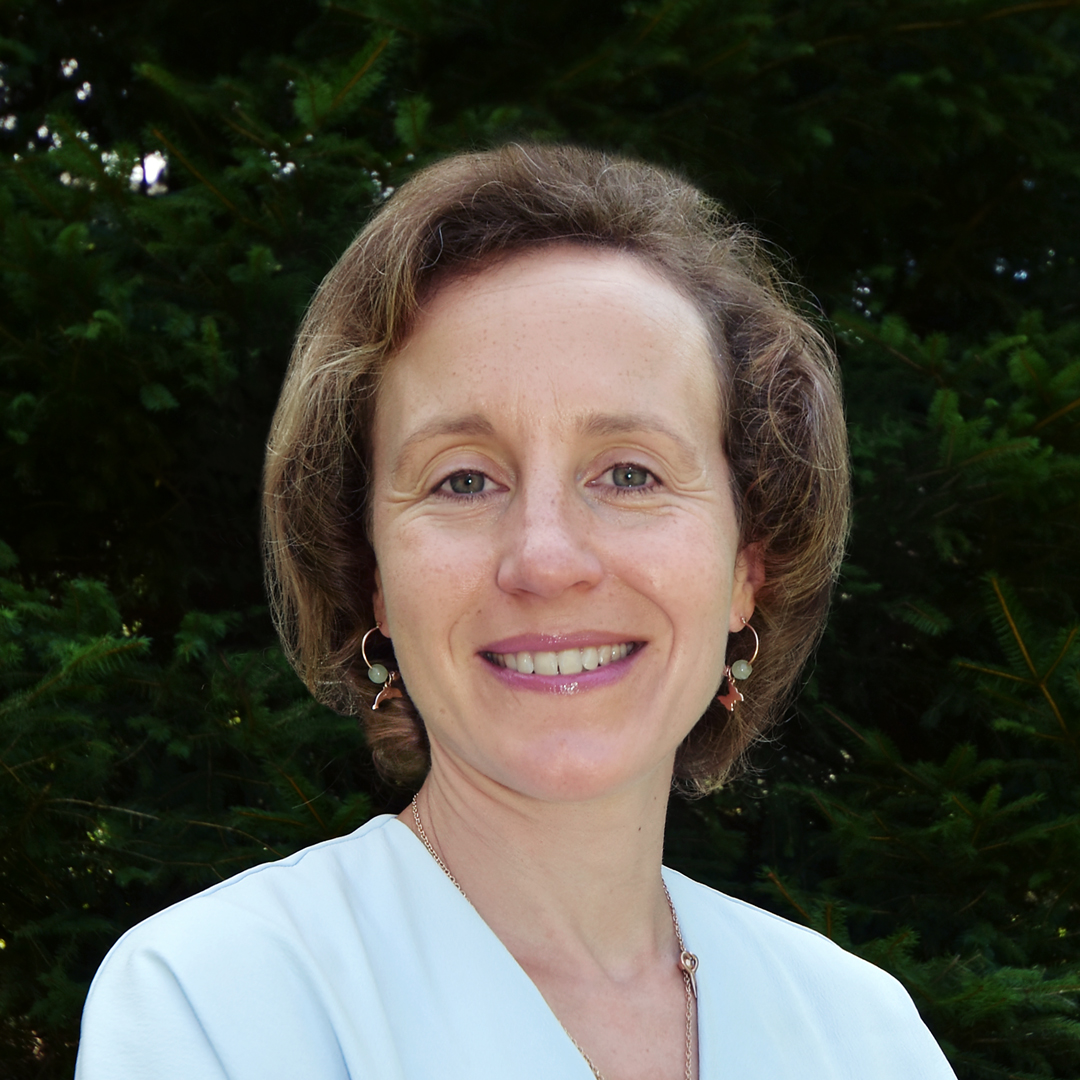When Heidi Swartz joined Facebook in 2012, the company employed a rather modest total of 2,100 employees. True, other companies and law firms would think of such a number as staggering, but Swartz recalls the “start-up” feel of it all in the year that the social media giant filed for its IPO. Even then, as the head of employment law, she notes that her team consisted of two people.
How things change.
Facebook now counts more than fifty thousand employees around the world, and Swartz’s team has grown to more than eighty people—with forty of them having been added in the past year alone.

“That kind of growth would have seemed daunting when I started, but also something I would have been excited about,” says Swartz, who is now Facebook’s vice president and deputy general counsel of employment law and investigations.
“When we interview people and tell them the size of the team, a lot of candidates wonder what everybody does all day. But as soon as they start, they can’t believe how much there is to do, how proactive our team is, how much time we spend with HR partners, and how detailed we are in terms of trying to be consistent with our advice across the globe.
“We have to cultivate one culture around the globe and make our employees and all our team members around the world part of all the decision-making,” she adds. “That takes a lot of work.”
Add the inherent challenges of being one of the most ubiquitous brands in the world and the most-used social network on offer (at press time, the platform’s global user count was more than 2.6 billion)—a focal point for users of many age groups in the midst of social, societal, and cultural upheaval—and it could easily be considered daunting even for those with the strongest constitutions.
Subscribe Now
Receive stories like this one in your inbox every two weeks!
Subscribe to the free Modern Counsel newsletter.
Swartz, however, relishes the work and the variety of issues she sees every day.
“A lot of people think lawyers are there just basically defending lawsuits,” she says. “That isn’t how we do our day-to-day at all. We don’t have a ton of litigation in the employment space, so most of our time isn’t spent on litigation—it’s spent on being proactive with developing training, advising internal clients, dealing with different issues, and handling policy changes.
With the rise of the #MeToo movement in 2017, for example, Facebook saw an opportunity to advance the national dialogue about managing matters of sexual harassment, racial harassment, and bullying. The company published its policies and detailed how its own investigations process works.
“We did this not because we thought our harassment policy was the greatest one in the world, but because there was a lot of discussion about what companies should be doing,” Swartz says. “We were hearing from some of our partners that wanted to know what we do. We sought feedback and were hoping other peer companies would share their policies to encourage a shared set of best practices. Workplace investigations had been happening for a long time, but #MeToo really shed light on that process.”
At the same time, when international protests in 2020 prompted more companies to reexamine their diversity and inclusion efforts, Facebook was already ahead of the curve, having put several years into diversity efforts in place.
“We look for people who are dedicated to the mission of bringing the world closer together and building that community,” Swartz says. “When I’m looking for people, I want those who are proactive and who want to be at the table when decisions are being discussed. Some in-house lawyers are very focused on providing the outer guard rails of what is and isn’t legal. I like our lawyers to be very involved and be part of the building as opposed to being called at the end of the process to say, ‘Yes, that sounds OK,’ or ‘No, that’s not OK.’”
Swartz’s own legal background prepared her for being proactive at scale. Prior to Facebook, she spent time in the ranks of JPMorgan Chase and Bear Stearns. She says she wanted to be a lawyer since the age of thirteen and made her way to employment law after early career work—some of it as a volunteer—working on criminal cases and in victim witness programs.
“I learned a lot, but also felt really torn because of the compassion you develop for everybody involved in these sad, terrible situations,” she says. “In my second year of law school, I worked at a firm that did both criminal defense and employment law, and I realized employment law had the stories and the human element that I was drawn to, but it wasn’t as high-stakes or emotional as criminal law.
Her role with Facebook (and in general) is to be the “big picture” person.
“I look at the story,” she says. “It’s the litigator in me.”
But a story is nothing without details, and that’s where she says she leans on the expertise of her team. Swartz has teammates in California and abroad who can focus on particulars, draft policies, create process, understand systems, and organize data for discovery. She says she looks for certain skill sets when interviewing new candidates, although that doesn’t mean those skills will be put to their most obvious use.
“When I hired my first lawyer outside the United States in Dublin, she really had only practiced Irish employment law up to that point,” Swartz recalls. “But she’s so smart in so many ways. I told her, ‘Before you, I was covering Europe from the United States. You are already more qualified than I am to do this work, so you’re going to become an expert on international employment law.’ She’s been here seven years now and runs the whole international team.
“I had the same experience with the woman that I hired to be our primary lawyer for the diversity team,” she adds. “She came with a general employment law background, but she rolled up her sleeves and now is one of the most knowledgeable lawyers on cutting-edge diversity initiatives. She’s become an expert. I don’t think you need to come in fully baked—I think you can grow, and I actually love seeing that.”
Nevertheless, during the COVID-19 pandemic Swartz has missed interacting with her team in person on a daily basis. Although it might seem strange for the employees of a social media platform—and one that so many are using to communicate while in isolation—to struggle with online-only communication, Swartz says there are drawbacks.
“It has made me more aware of the importance of holding one-on-one meetings with everyone on my team,” she says of the pandemic-prompted work-at-home orders. “But we are disconnected and I’m not seeing the people that I love working with every day. The personal interactions are really important. The relationships and the trust that we have with our colleagues and that I have with my team is hugely important to how we get our work done.”
Nevertheless, the work will continue to get done and Facebook’s evolution will continue as it has for years alongside social and societal change. Swartz says she’s confident the positive, inclusive culture she’s been part of for nearly a decade will only become more ingrained.
“Sometimes I talk to other in-house employment lawyers and they agree that one of the hardest things is getting leadership buy-in when you have to make a hard decision,” she says. “That has never been a challenge for me at Facebook. I really feel that the leadership is very aligned to doing the right thing. And my team feels very empowered to make recommendations and push for us to do the right thing.”
How an Unconventional Upbringing Informs Heidi Swartz’s Work at Facebook
As Told To Paul Snyder
Growing up, I had an unusual family situation. My mom was a pediatrician, and when she went to medical school in the 1960s, she was one of only thirteen women in a class of one hundred. She married one of her classmates, they adopted two kids, and they moved to Vietnam during the Vietnam War to set up a children’s hospital with another family when my brother and sister were very young. They were there for a little over a year when my mom’s husband suddenly became ill—he died of pneumonia when he was only thirty-three.
Suddenly, my mom was a widow in Vietnam with a two-year old and a three-year-old. She came back to the United States and met my father, who had been married and had three children. He was also a doctor, and his wife died unexpectedly from a complication that arose during routine surgery.
They got married and I was born—and I grew up having five older brothers and sisters in this busy, crazy household. My parents both worked, so we were always looking for ways to entertain ourselves. People always tell me that I’m very calm in chaos, and I think it stems from, say, being able to do homework in the middle of a swirl of activity. I’ve always been able to block other things out and stay calm and focused on the task at hand. Other people’s panic doesn’t distract me.
My parents are also ridiculously generous people. When I was born, we had a Vietnamese refugee family living in the house. My mom and dad sponsored a family, two parents and four teenage kids, so for the first year of my life, it was my five siblings, plus another family of six, my parents, and me. My mom also worked with abused children in Santa Clara County. We became a foster family specifically to help with kids who couldn’t be placed elsewhere.
The result of all this is I inherited this attitude of helping where I can. If you can help a situation, just do it. That’s how our People team operates. We don’t always just look at the minimum of what can we do from a legal perspective—but we always think about what is the right thing to do.
***
Kramer Levin:
“Heidi is an incredibly creative, strategic attorney who thinks out of the box about employment law matters. She is also warm and compassionate and cares deeply about people, which comes through so clearly in her leadership.”
–Kevin B. Leblang, Partner and Chair, Employment Law


